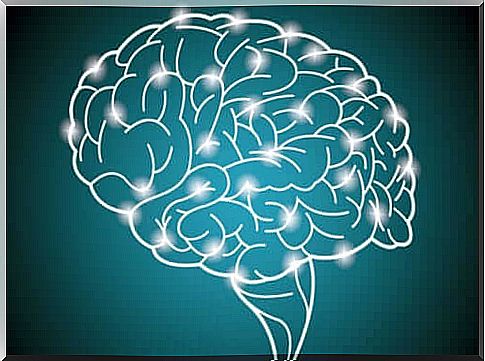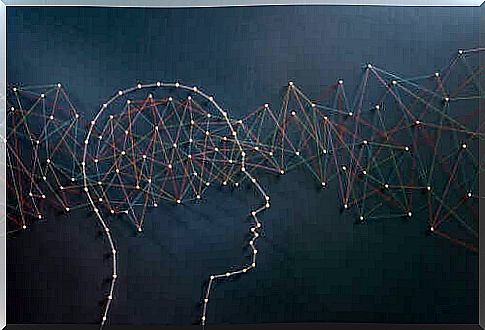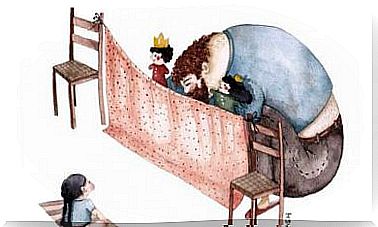The World’s Largest Intelligence Experiment

The BBC launched in January 2020, in collaboration with Dr. Adam Hampshire of Imperial College London, something we could call the largest intelligence experiment in the world.
Now many experiments have been done on this subject. But this experiment is different. The reason for this is that it has very representative numerical results as more than 250,000 people participated in it.
Like dr. Adam Hampshire himself noted: “It’s the equivalent of about 125,000 hours or more than 14 years of testing. ” The first results of the world’s largest experiment in the field of intelligence are now available. However, we should mention that the process is not over yet, which means that it is still possible to participate.
The largest intelligence experiment in the world starts with a very simple proposition. The researchers ask the participants to enter a platform and answer a series of questions and then take a test. This is not an IQ test, but a comprehensive examination of various aspects related to cognition and emotional intelligence.

The largest intelligence experiment in the world
As we mentioned, more than 250,000 people have participated so far. However, it is important to mention that most of them are of British nationality. This means that the sample is not fully representative. However, when it comes to gender and age, the participants are very varied.
In the first part of the test, lifestyle questions are asked. The main purpose of this part of the test is to collect information about diet, technology use and habits, among other things.
In the second part, participants perform a number of different cognitive skills, such as:
- Troubleshooting
- memory
- spatial reasoning
- and so forth
There are also other tests that try to delve deeper into emotional intelligence. Finally, the results of both sections are compared to draw conclusions.
Troubleshooting and Age
So far, the data coming from this experiment confirms the already known premises about intelligence. For example, age is not a determining factor.
It is true that some cognitive skills are more visible at certain ages, but that does not mean that they disappear as the individual grows. In addition, they also have remarkable exponents.
The data from the experiment indicates that a person’s ability to solve problems peaks in their twenties. From their thirties, this ability begins to deteriorate. However, this strictly refers to cognitive problems in the context of a real-time test.
Now there is no information about the value of troubleshooting experience in the context of a longer period of time to complete the test. Among other available studies, this experiment proves that the older you are, the slower your brain works.

Striking facts
The largest intelligence experiment in the world has revealed that verbal reasoning is a skill that increases with age. Thanks to this study, it was possible to see that it is still increasing even after the age of 80. Until now, many believed that the peak of that wealth was around the age of 60 and that it started to decline from that point on.
Another very striking fact of this study is related to memory. According to researchers, those who had the best scores with this item often played video games.
That particular group of individuals turned out to have better spatial memory. This is quite interesting, bearing in mind that these types of games have traditionally been considered useless, cognitively speaking.
This study also found that people who regularly use social media have poorer mental health. Many of them show symptoms of anxiety and depression.
This may be due to the predominant equation scheme one can find in these networks. Believe it or not, many people fall for this and evaluate their social success by the feedback they get on their social media accounts.
One of the most valuable aspects of this research is that it confirms that lifestyle has a decisive influence on intelligence.
Once again, exercise has been proven to be a great asset to the brain. Also, staying intellectually active and learning new languages at any age seem to be two great ways to prevent brain aging.









